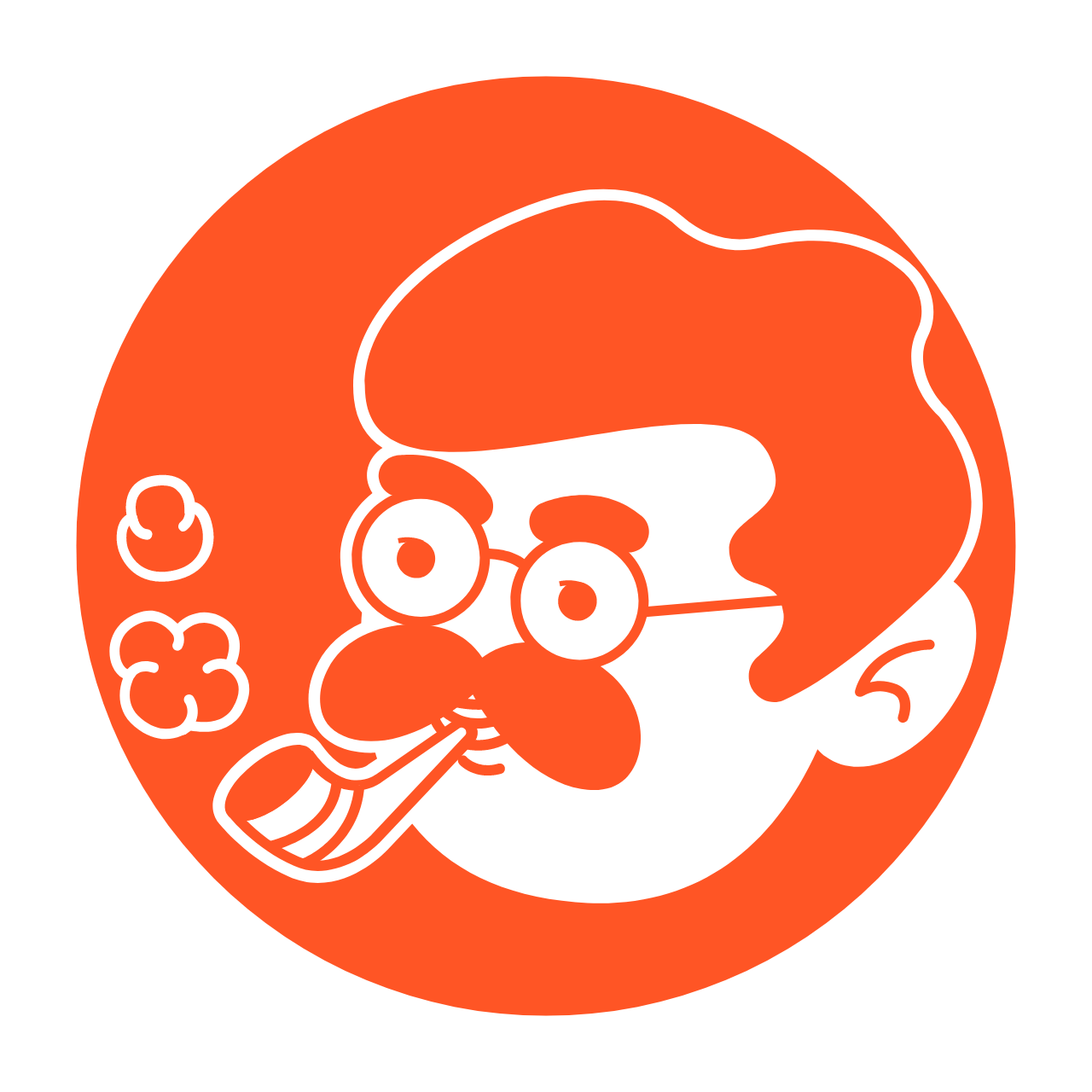Frontline healthcare workers have been the unsung heroes of the COVID-19 pandemic. They have worked tirelessly, often at great personal risk, to care for patients and keep our communities healthy. Unfortunately, this has taken a toll on their mental and physical health. One potential solution that has gained attention in recent years is CBD. In this article, we will explore what CBD is, who Frontline Healthcare Workers are, why they need CBD and the research that supports its use.

